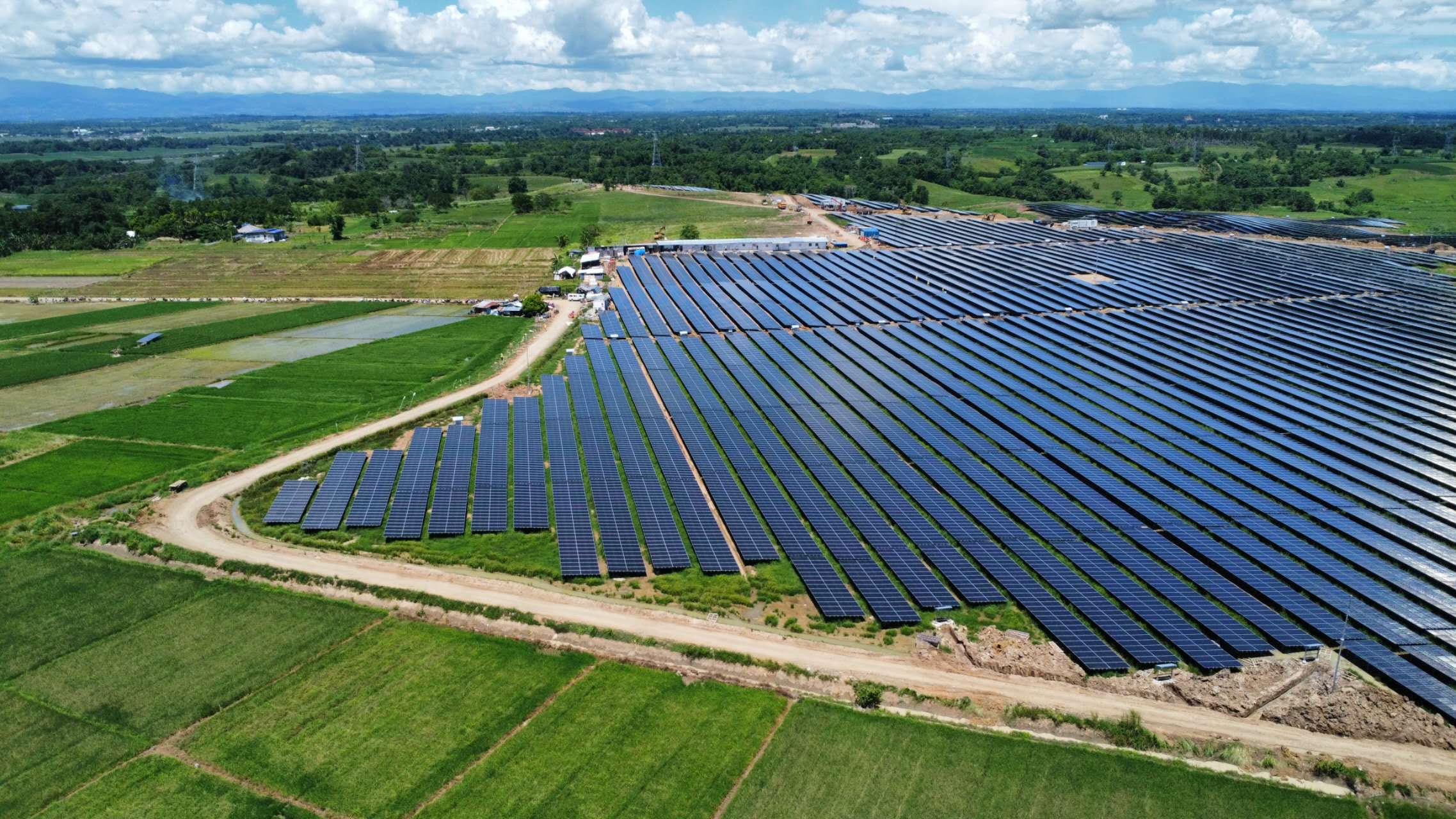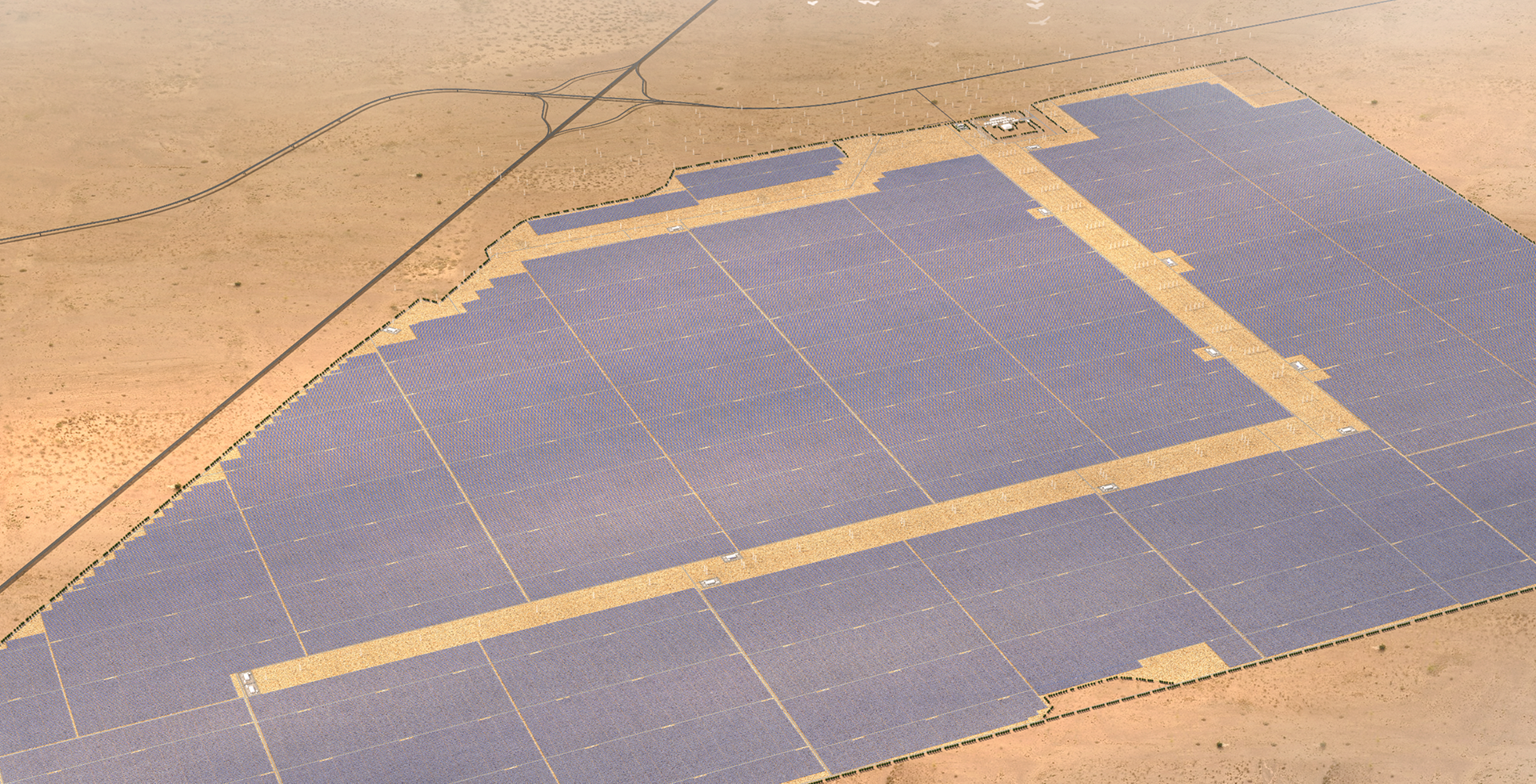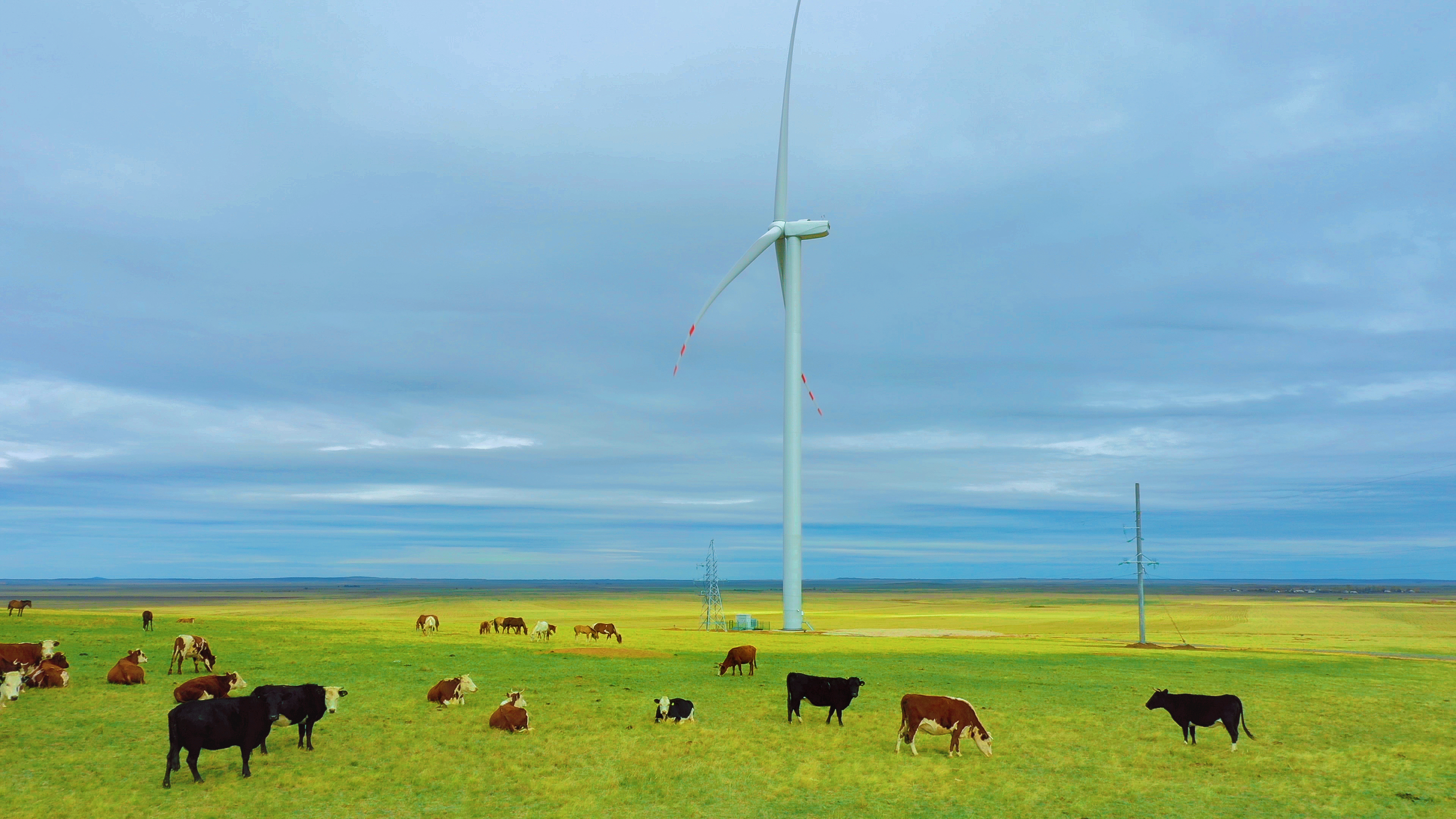
Bright Prospects Along the Belt and Road
Capacity
221MW+50MW
Location
Kazakhstan
Year
2022-2023
The Background of Our Story
The Akmola State Wind Farm consists of two phases: a 221MW wind farm in Akmola Region and a 50MW wind farm in Dostyk. As one of the Key Projects under the China-Kazakhstan Capacity and Investment Cooperation Program, it will generate 1 billion kWh of clean electricity annually for the local grid, significantly alleviating power shortages in southeastern Kazakhstan.
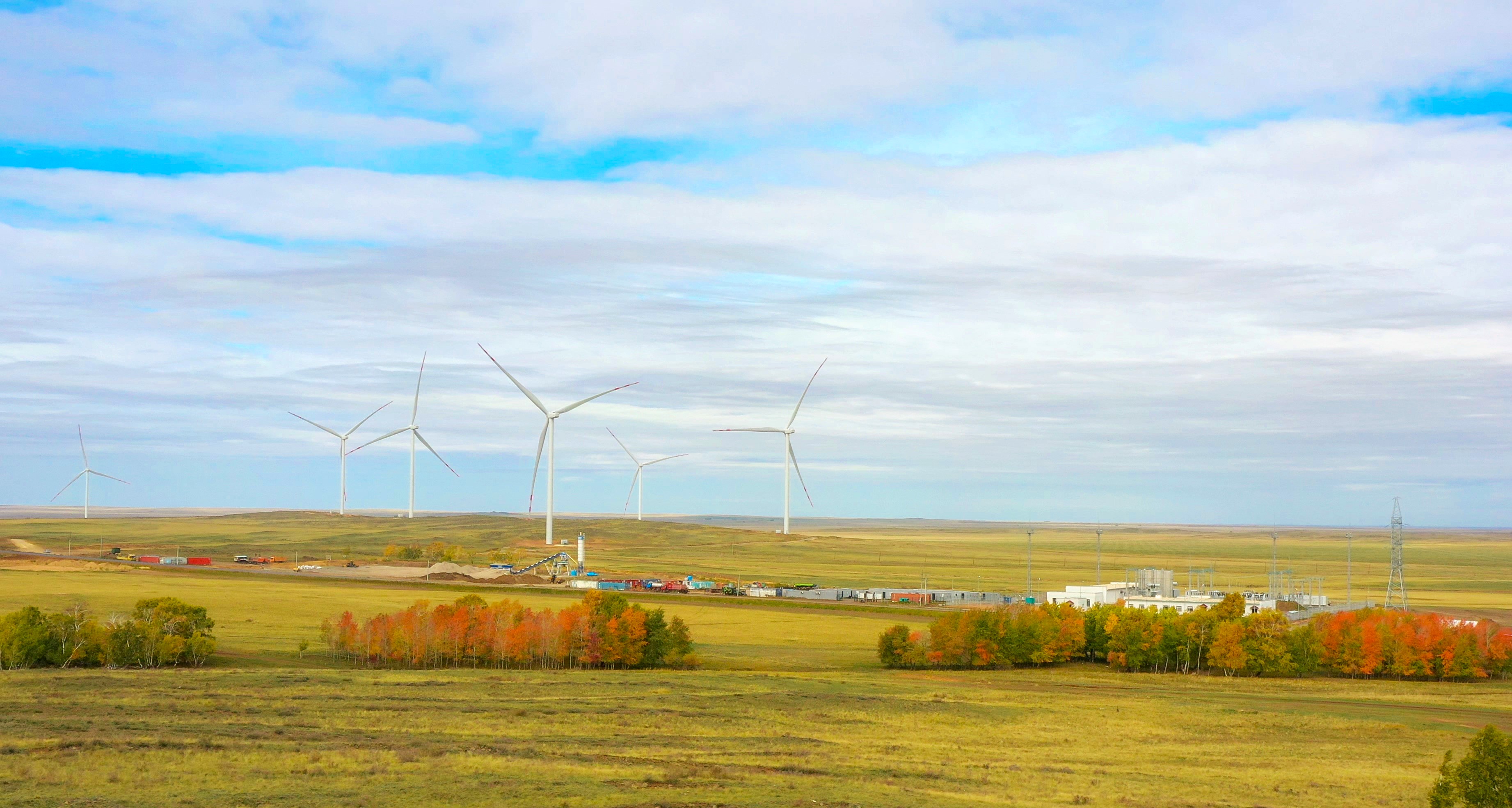
Unique Solution
The Dostyk 50MW Wind Power Project is located in the town of Dostyk on the border between China and Kazakhstan. The wind farm utilizes Sungrow's 690V 6.25MW wind power converters and is equipped with eight 6.25MW wind turbines, making it the largest capacity wind turbine in Kazakhstan at the time.
The Impacts of Our Work
The project is expected to create over 100 job opportunities and provide strong support for local economic development and ecological protection. During the development of the 221MW wind power in Akmola State Phase II, we actively engaged in social welfare and fully participated in local infrastructure assistance work. In total, we repaired the sewage systems of six residential buildings, renovated an Islamic mosque, constructed a children's playground, and donated a health and medical station, comprehensively improving local people's livelihood and practicing community friendliness.
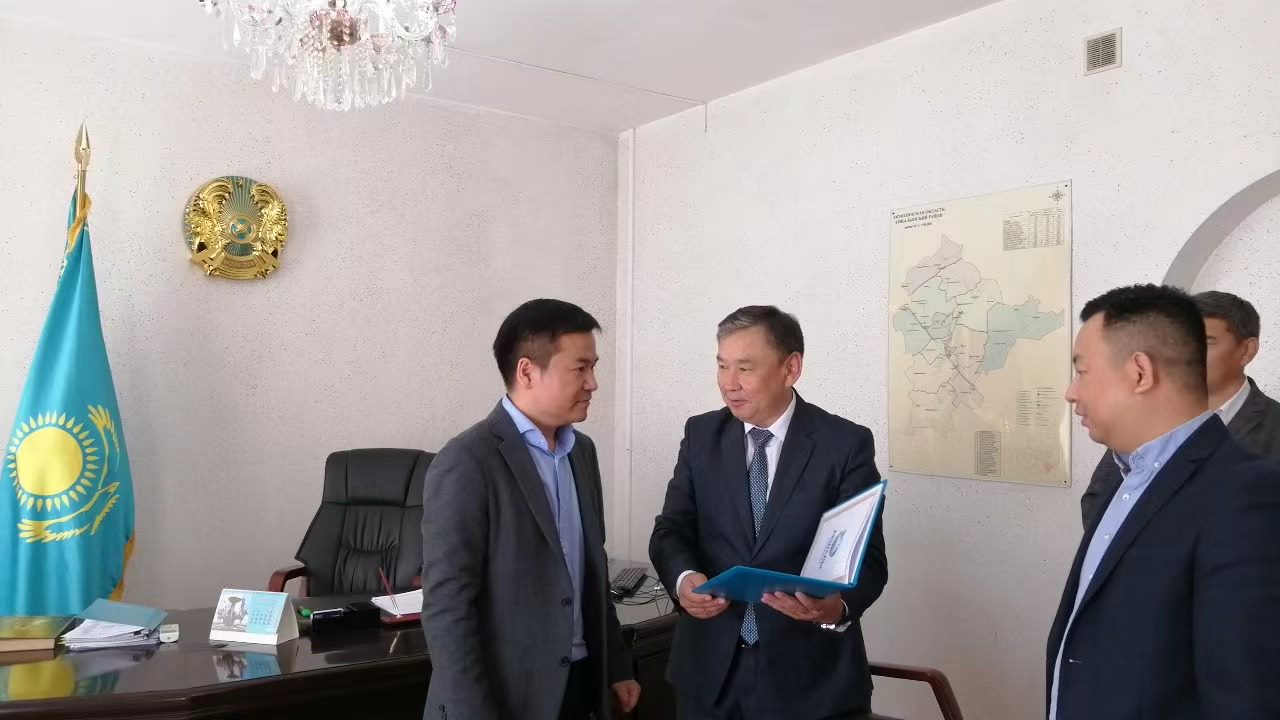
Sungrow Donates Medical Aid to Kazakhstan
Sungrow recently extended its global corporate social responsibility efforts to Kazakhstan, making a significant contribution by donating essential mobile medical stations and various living amenities. This impactful gesture underscores Sungrow's commitment to community welfare and health infrastructure, particularly in regions where such resources can make a critical difference. The Kazakhstani government formally acknowledged this valuable support, expressing its gratitude through an official thank-you letter, highlighting the positive reception and recognized importance of Sungrow's philanthropic contribution.
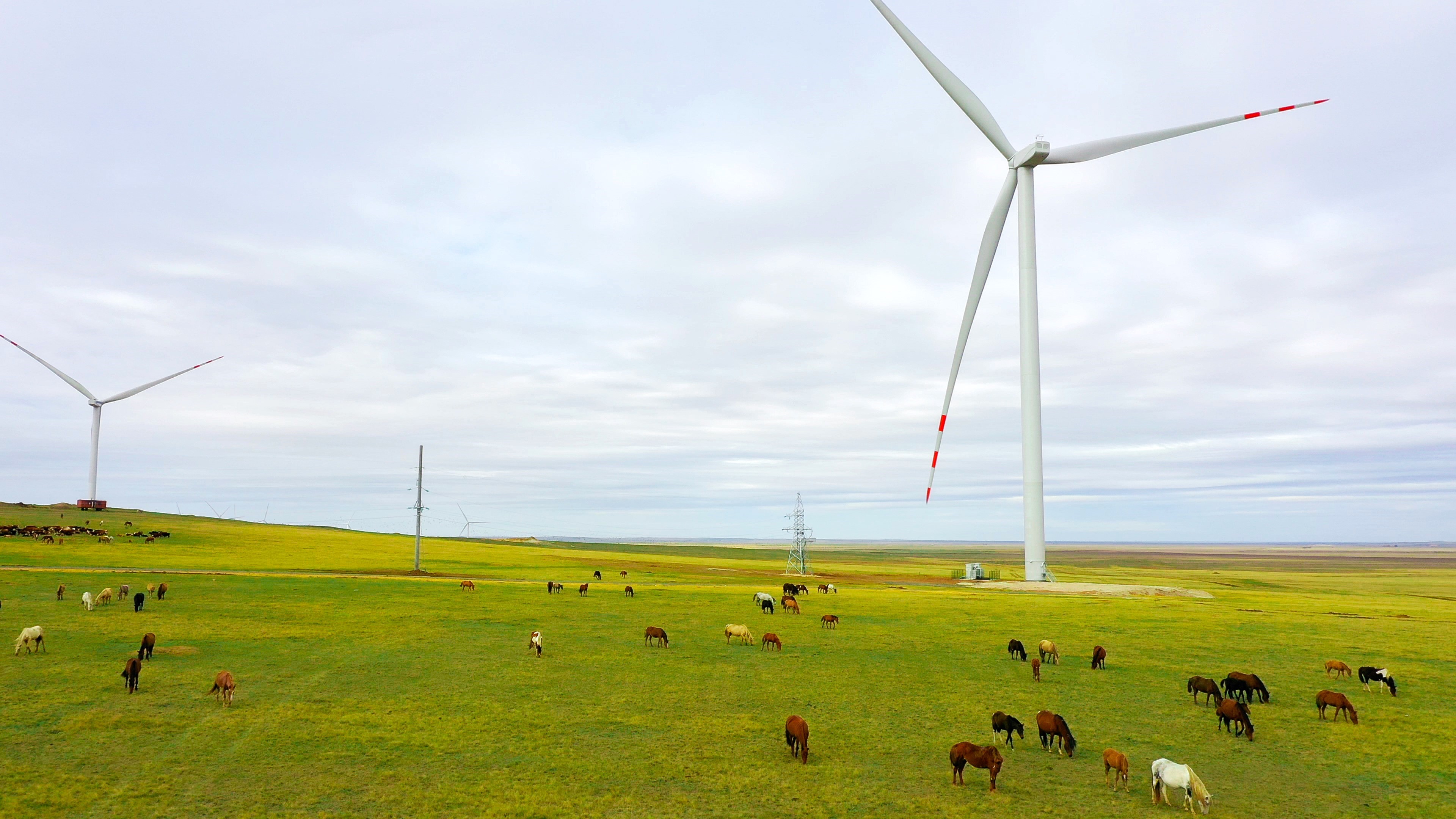
Harmony at the Power Plant
Amidst the hum of sustainable energy generation, a serene scene unfolds: cows are leisurely grazing around the power plant. This picturesque sight beautifully illustrates the harmonious coexistence between modern renewable energy infrastructure and the natural environment. It underscores how well-designed and integrated power facilities can blend seamlessly into rural landscapes, allowing local wildlife and agriculture to thrive undisturbed alongside clean energy production.




